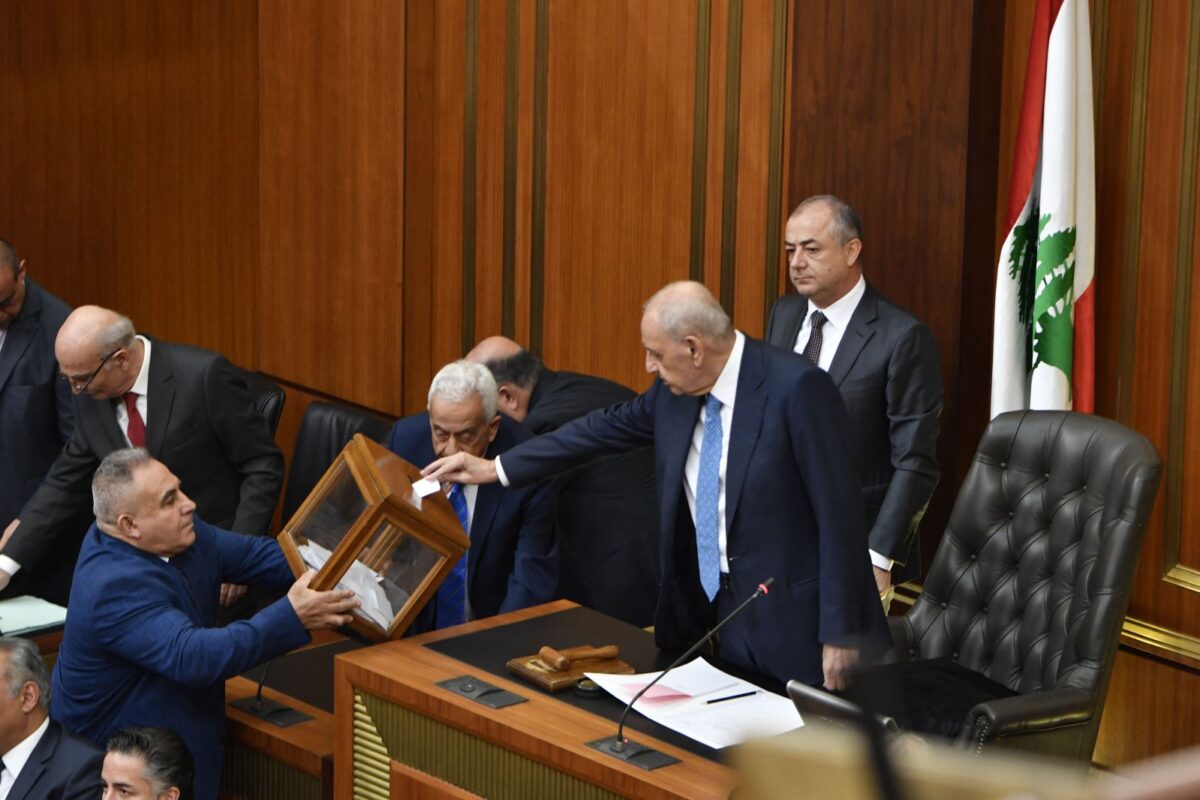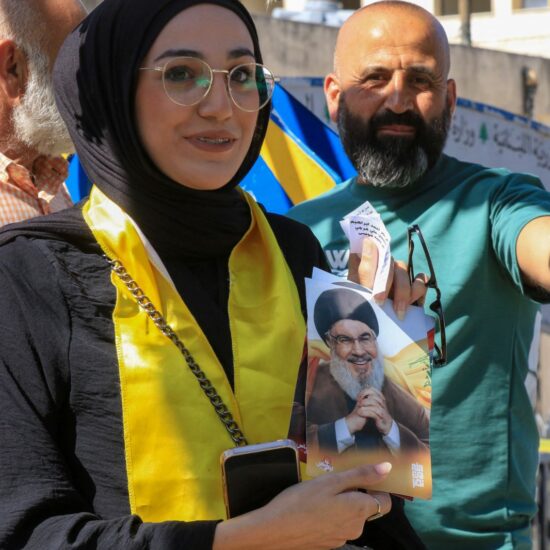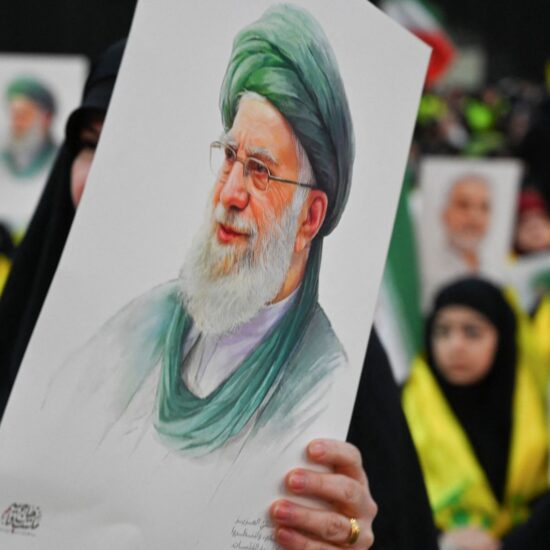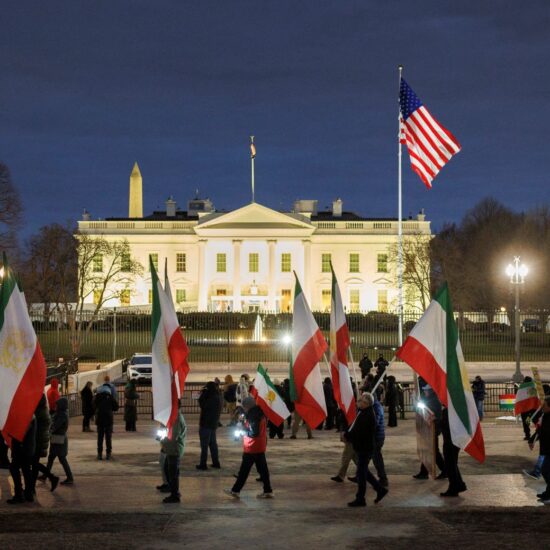
As I write this column, Lebanon appears poised to elect General Joseph Aoun as its next president. Recent developments, including Sleiman Frangieh’s withdrawal, growing support from key factions and the consolidation of 81 announced votes, suggest that Aoun, the commander of the Lebanese Armed Forces, is likely to secure the presidency in the in the 9th of January session. This election could end over two years of political deadlock, but it also raises critical questions about the road ahead for Lebanon.
A Default to Military Leadership
General Aoun’s anticipated presidency is symptomatic of a larger problem: Lebanon’s reliance on military leaders during moments of political paralysis. While his neutrality and reputation for crisis management have earned him broad support, his rise also underscores the failure of democratic mechanisms to produce civilian political solutions. Instead of vibrant campaigns and public discourse, Lebanon has witnessed passive maneuvering, with almost no candidate presenting a presidential agenda or vision for the country.
This absence of meaningful competition reflects the dysfunction of Lebanon’s democracy. For weeks, political factions avoided taking definitive stances, waiting until backdoor negotiations yielded a prearranged outcome. The Lebanese people, left out of the process, are once again expected to accept decisions made in the corridors of power rather than the halls of parliament.
The Weight of External Influence
Aoun’s likely presidency also reveals the enduring grip of international and regional actors on Lebanon’s sovereignty. Hezbollah’s flexibility—vetoing Samir Geagea but refraining from opposing Aoun—signals a calculated alignment with shifting regional dynamics. Sleiman Frangieh’s withdrawal and support for Aoun further highlight the concessions made behind closed doors, reflecting how Lebanon’s leadership is often shaped by external powers.
This is not surprising, given Lebanon’s entanglement in regional geopolitics. The shadow of Syria’s post-Assad transformation, Turkey’s growing role, and the Gulf states’ shifting strategies all loom large over Lebanon. However, internal political forces share the blame. The Lebanese opposition had opportunities to counterbalance this influence but failed to present a cohesive vision or credible alternatives. Even if the international community plays a role in shaping leadership, a strong opposition with a clear reform agenda could have shifted the dynamics. Instead, the lack of proactive campaigning left the outcome to regional power brokers.
Beyond Stability: The Unanswered Questions
While Aoun’s presidency may provide a veneer of stability, deeper structural concerns remain unaddressed. What does this deal include beyond his presidency? Is there a plan for appointing a new army chief? How will the balance of power between the presidency, parliament, and Hezbollah play out in the months ahead? And crucially, what role will Aoun himself play once a successor is appointed to lead the army?
Without clarity on these issues, Lebanon risks repeating past mistakes. The focus on securing IMF funds, while necessary, cannot substitute for a broader plan to rebuild the country’s social contract. Lebanon’s leaders must prioritize not just satisfying international demands but also addressing the structural weaknesses that leave the country vulnerable to future crises. A resilient political fabric requires more than temporary fixes; it demands a vision for governance that extends beyond the immediate needs of the moment.
A Cautionary Moment
The anticipated election of General Aoun is not a victory; it is a reminder of Lebanon’s systemic failures. While the end of the presidential vacuum is welcome, it is far from a solution. The Lebanese people deserve a political system that reflects their aspirations, not the agendas of external powers or entrenched political elites. For that to happen, Lebanon’s political class must move beyond short-term fixes and engage in the hard work of rebuilding trust, accountability, and governance.
The election of a president is a step, but without a clear roadmap for reform and state-building, it risks being just another chapter in Lebanon’s ongoing struggle with dysfunction. General Joseph Aoun may symbolize stability, but true progress will require much more than a symbolic presidency.
Ramzi Abou Ismail is a political psychologist and researcher at the University of Kent.
The views in this story reflect those of the author alone and do not necessarily reflect the beliefs of NOW.








